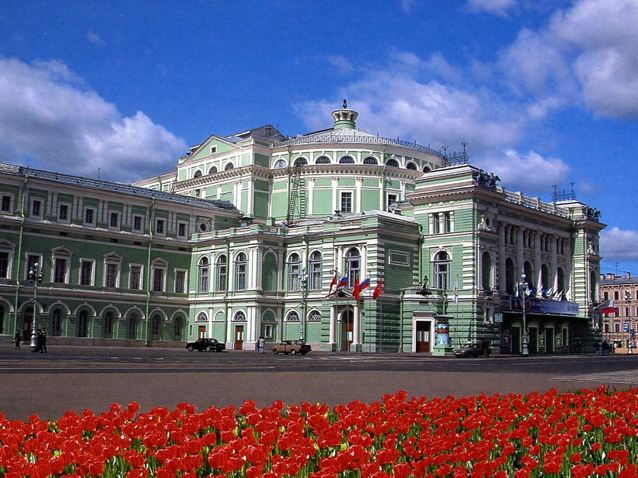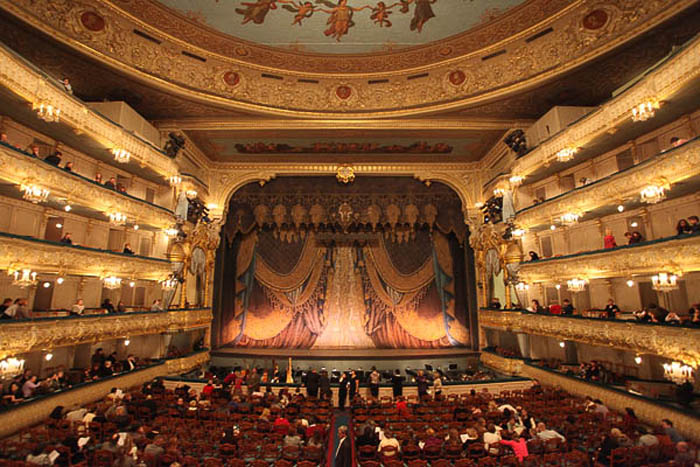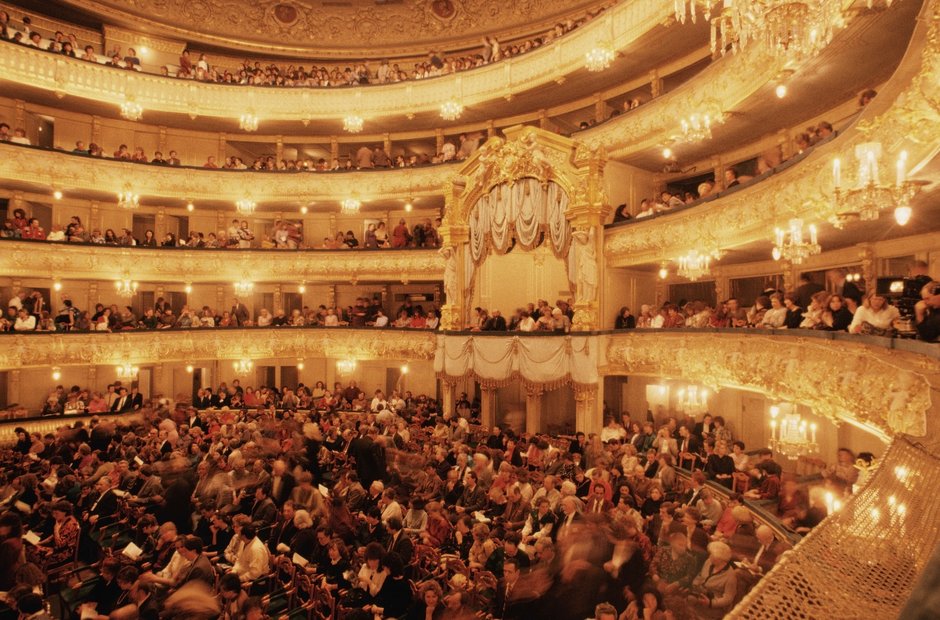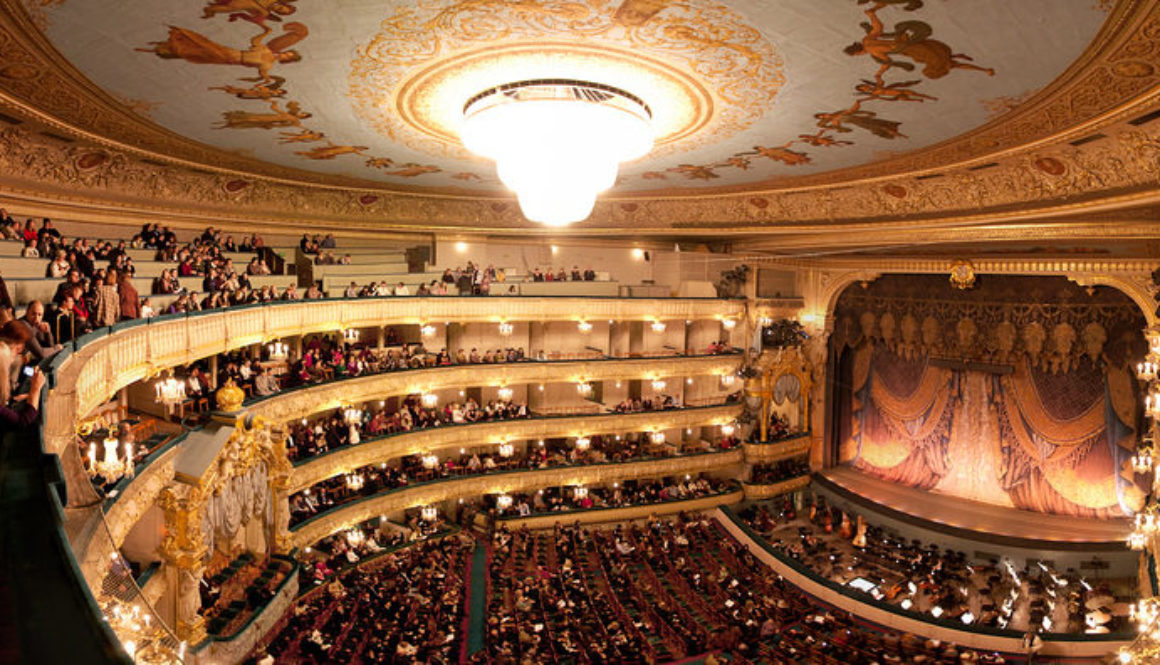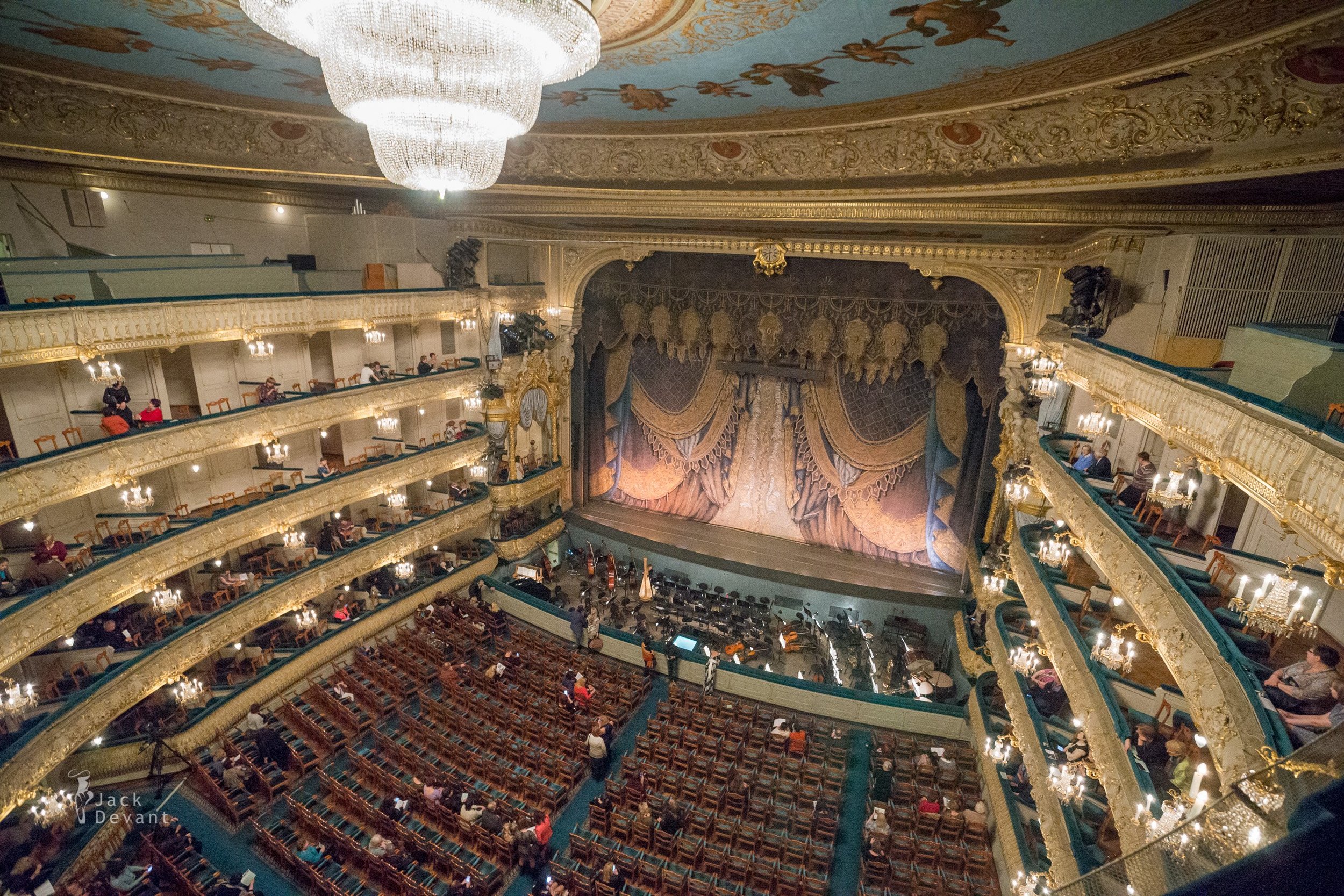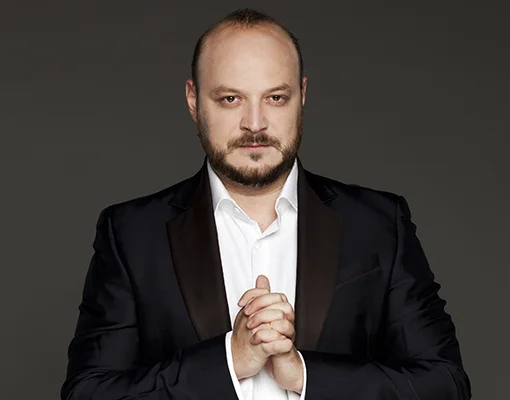Opera reviews from St. Petersburg, Russia, Christmas 2018
/By Raymond Beegle
2/11/2019
Saint Petersburg, the magnificent, unlikely city set on foundations of granite by Peter the Great over a swampy archipelago in Russia’s wintery northwest! Every aspect of its appearance and history is monumental, larger-than-life. It has been the scene of unspeakable sufferings and wartime devastation. It is witness to the highest achievements in the arts and sciences. It was the home and inspiration of Pushkin and Dostoevsky, the city of Rimsky-Korsakov, Mussorgsky, and Shostakovich; of Fyodor Chaliapin, Leonid Sobinov, Antonina Nezhdanova. Heroism is in its spiritual fabric.
In musical ranks, the great Evgeny Mravinsky, for example, remained as director of the Leningrad Philharmonic during the darkest days of war and political tyranny, upholding the superlative standards of the past. Yuri Temirkanov maintained the city’s musical stature in subsequent decades, and presently, by way of his worldwide acclaim.
Valery Gergiev, artistic director of the fabled Mariinsky Theater, has fallen heir to the honor and the obligation of preserving Saint Petersburg’s illustrious tradition. Through the passage of years, maestro Gergiev has succumbed to the glitter and glamour of the international scene, which has taken its toll on his artistic powers. His unfortunate love of dazzling effects has come to interfere with, or obliterate entirely, the truth of the music.
Conducting Mahler in Tokyo, Beethoven in Berlin, Mussorgsky in New York, and Rameau in Brooklyn, has also made it difficult for him to monitor the day-to-day goings-on at the Mariinsky Theater. Would this musical lion have eaten his appointee, conductor Pavel Smelkov, alive had he heard what I heard night after night in this historic hall, or would he simply have shrugged his shoulders?
On Friday, December 7th, maestro Pavel Smelkov conducted Verdi’s Macbeth; on the following Wednesday, he conducted Eugene Onegin; on the next Saturday, he conducted Prince Igor; on the next Tuesday, Boris Godunov, and on the next Friday, Rigoletto. Perhaps this is cause enough to warrant a head buried in the score without a glance at the stage, but Smelkov was often not even capable of keeping the singers and orchestra on the same beat at the same time. There was no sense of ensemble within the winds, the brass, the strings, so that a unified orchestral sound was out of the question. Dispirited instrumentalists played the right notes at the right time, but such low standards of performance preclude any thought of style or interpretation. Nevertheless, some musical misdemeanors cannot pass without comment. In Act I of Rigoletto, the rapid interchanges between father, daughter and nurse were so impossibly fast that even a superb musician like Vladislav Sulimsky was obliged to entirely omit entire phrases. Dotted notes, so characteristic of Donizetti, Bellini, and early and middle Verdi, were so flaccid that they might well have been triplets. In Boris Godunov, born into the world on this stage in 1874, the melancholy bassoon solo at the opening seemed a listless, succession of arbitrary notes. The ensuing pizzicatos, which ordinarily move the line forward, stanched the magnificent flow of music. Throughout the evening this stubborn inertia, this obstruction of musical current cast a stifling pall over every participant in this production.
Maestro Christian Knapp was more effective in holding singers and instrumentalists together in a production of Aida, but tenor Oleg Videman sang Radames at the top of his (undeniably beautiful) voice throughout the evening with no regard to cast, or conductor, or Verdi’s written suggestions. Viktoria Yastrebova, a pusillanimous Aida, chronically sang behind the beat, and slowed tempos at the end of every phrase.
Still, there were many fine artists to be heard over several weeks of performances. Yulia Matochkina, making her debut as Amneris transcended the standards set by her colleagues. A fresh, beautiful timbre, a solid technique, and a deep dramatic sensibility promise a brilliant international career. The Amonasoro, Roman Burdenko, was equally impressive. His lustrous tone and powerful presence made one forget the poor costumes shabby sets, and stock gestures of the evening. Vladislav Sulimsky distinguished himself as Macbeth and Rigoletto. Nazhmiddin Mavlyanov was impressive in his debut as Macduff. Yekaterina Goncharova was a vocally superb and dramatically convincing Tatiana. Olga Borodina also had many beautiful moments as Konchakovna in Prince Igor. There were no weak links in the cast on that particular night. A sufficient complement of strings appeared in the pit, the musicians were more attentive to each other, and the conductor generated more energy than in previous performances. Travelling to the theater, I noticed, took longer than usual, as traffic was at a standstill due to the presence in the city of the President of the Russian Federation.
I had looked forward for some time to Don Giovanni, curious to know what effect Valery Gergiev, the musical director himself, would have on his Mariinsky players, but as the lights lowered, a loud speaker announced that Ivan Stolbov would be conducting. Stolbov, a clarinet player in the orchestra who studied conducting in his conservatory days, had never performed this work before and was given only a short run-through of difficult passages that afternoon. As a result, tempos often ran wild, and rhythmically complicated passages like the Act I Quartet and Minuet were an unintelligible tangle. Donna Anna had to be prompted from the wings at one point, and in a recitative between Leporello and the Don, the singers were so lost that at a certain point they sang in one key, while the harpsichord played in another. Mozart’s Don Giovanni, named by Kierkegaard “a musical miracle,” became a clumsy vehicle sliding on ice, careening without traction, until it came to an abrupt halt at the final double bar.
I attended several Mariinsky performances at the end of the 2016-17 season and found the same standards, standards similar to those of the provincial houses in Kosice or Bielefeld. At that time, however, I was witness to a remarkable event. During the final scene of an arid performance of Tchaikovsky’s Iolanthe, the entire cast moved as one to the front of the stage and, forgetful of the conductor’s leaden baton, they began to sing with all their hearts “Glory be to Thee, almighty Creator, Source of light, who has given us a miracle!” They were suddenly galvanized by the sheer power of the music. It was a wondrous, unforgettable moment – an echo, perhaps, of the spirit that had reigned supreme through autocratic suppression, revolution, and war. This spirit has been extinguished under the current administration, and the blame falls squarely upon the shoulders of Valery Gergiev, the employer of incompetent conductors and many inadequate singers; the man responsible for exhausting work schedules imposed on his gifted instrumentalists, and who tolerates performances often under-rehearsed, or not rehearsed at all. Some showcase recordings and brilliant festival performances hardly justify the poor standards that suffice for “business as usual” in this once great theater.
On the night of Gergiev’s truancy, a knowledgeable Saint Petersburg friend sat next to me. After Don Giovanni had been dragged to hell and the last strident chords were sounded, we sat in silence while a house full of tourists applauded and took photographs. Finally, my friend turned to me and said “…so you see, Raymond, in Saint Petersburg, we really no longer have an opera.”
Raymond Beegle reviews classical music and opera for the New York Observer and Fanfare Magazine. For many years he was Contributing Editor of Opera Quarterly, the Classic Record Collector (UK), and also appeared on The Today Show (NBC) and Good Morning America (CBS). As an accompanist, he has collaborated with Zinka Milanov and Licia Albanese. Currently Mr. Beegle serves on the faculty of Manhattan School of Music in New York City.

